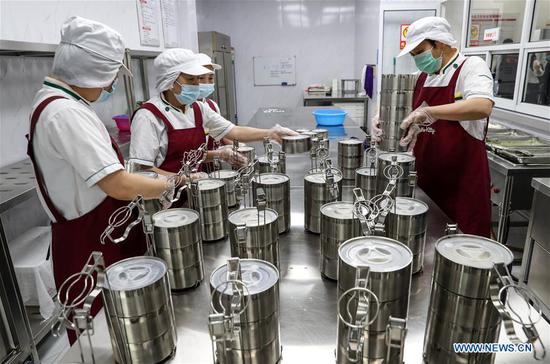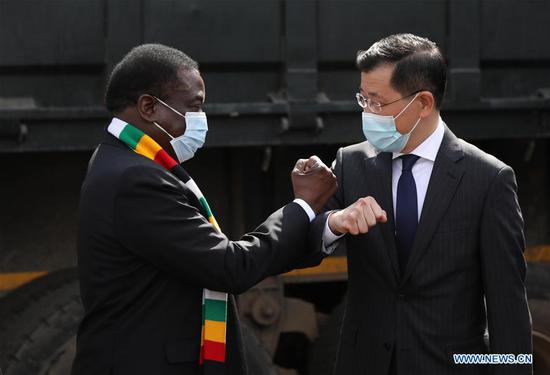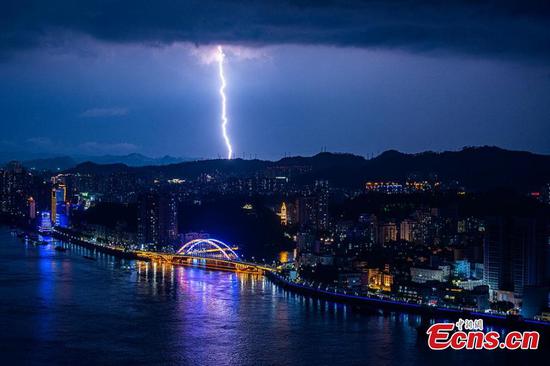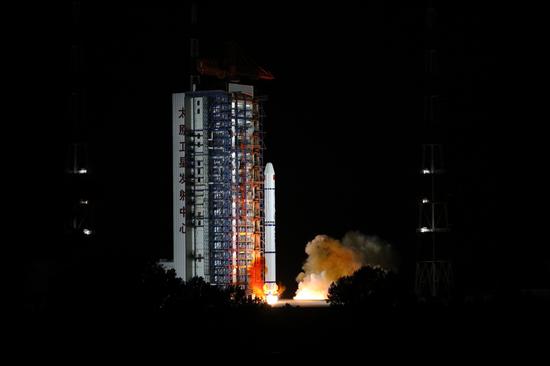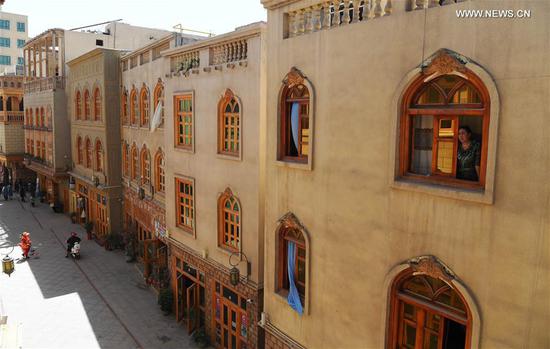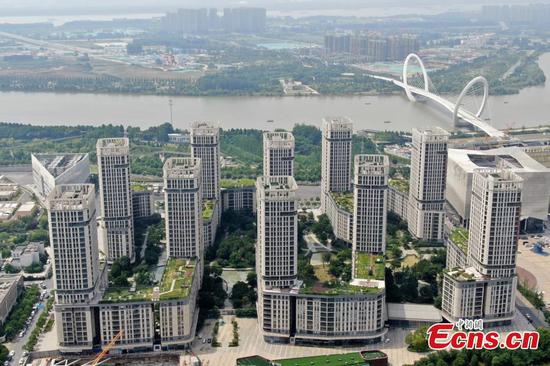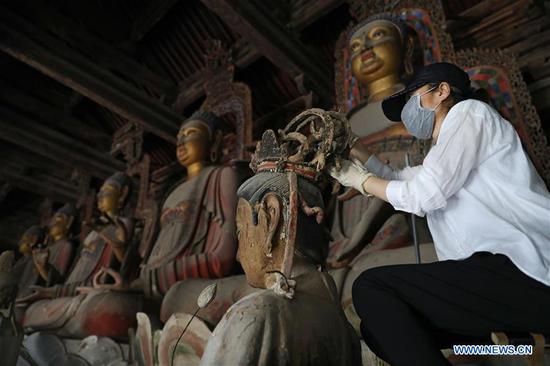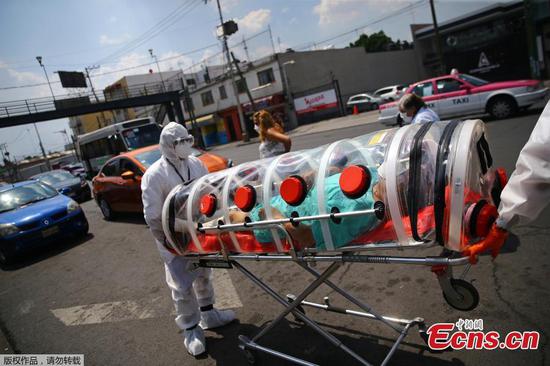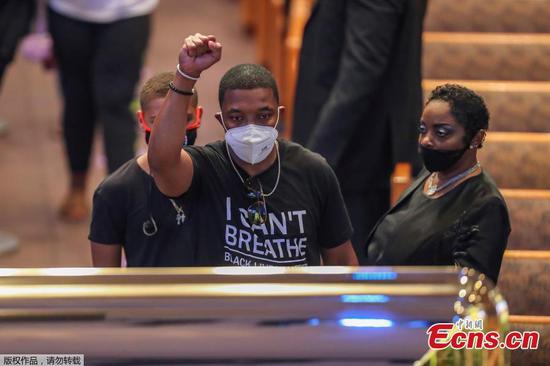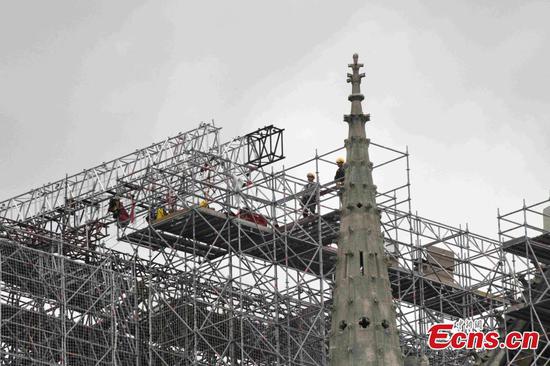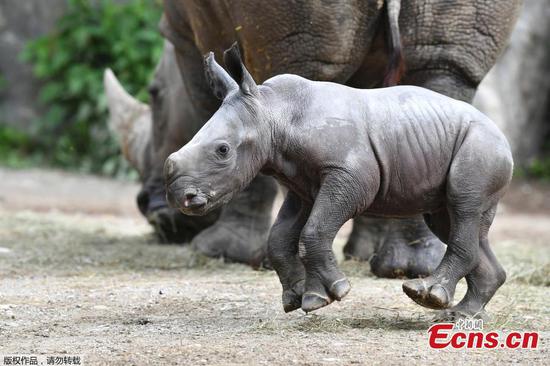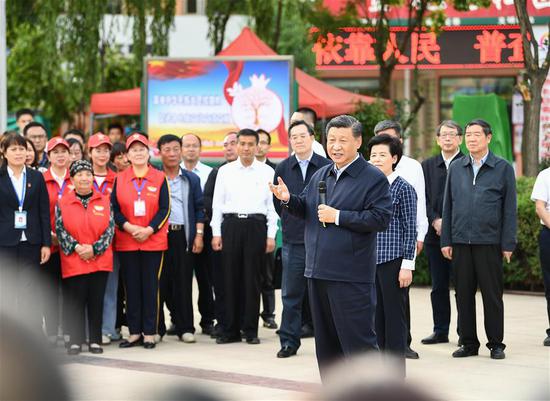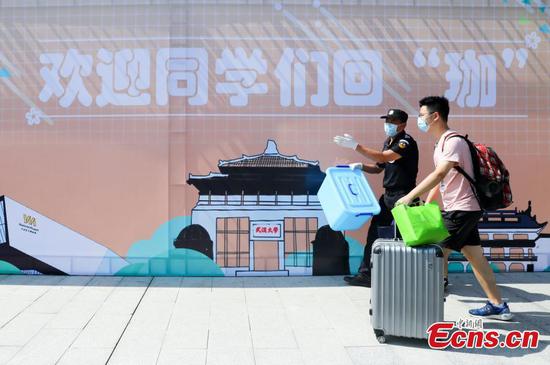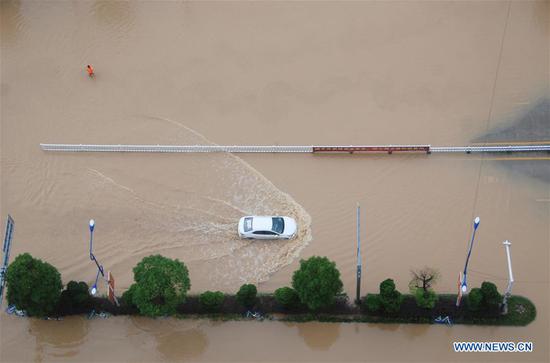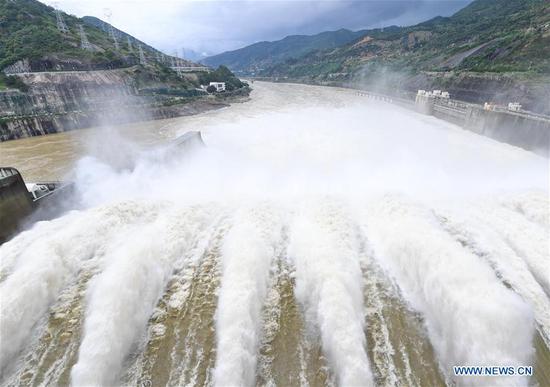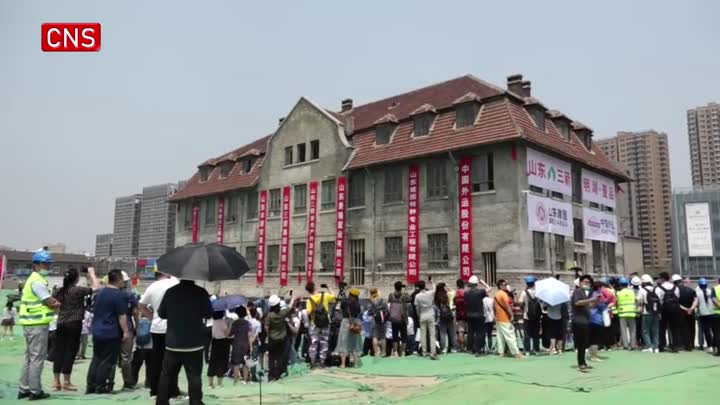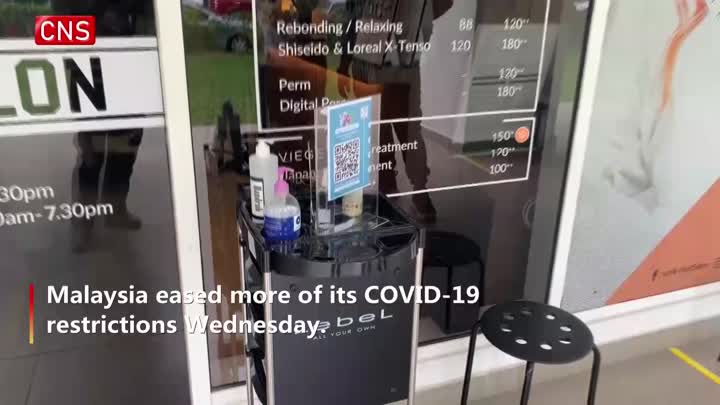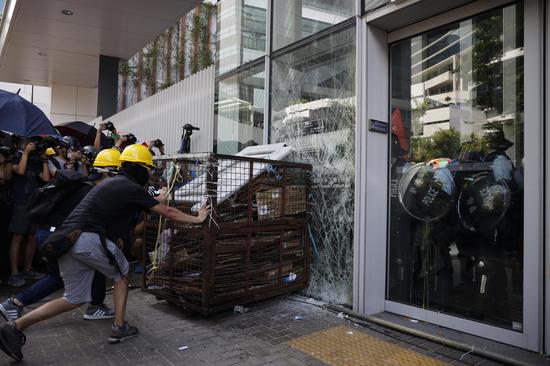
Rioters attempt to break into the Legislative Council building in south China's Hong Kong, July 1, 2019. (Xinhua)
Since June 2019, vandalism, arson, assault on police officers and passers-by and activities connected to home-grown terrorism have become rampant in Hong Kong.
Felix Chung, a LegCo member representing the business sector, said the unrest has resulted in a series of social problems and has scared visitors away.
"There is no peaceful environment for us to do business here," he said, adding businesses in Hong Kong generally understand and support the central authorities' decision to enact national security laws for Hong Kong and expect the legislation to bring back stability to the community.
Some big international companies have also joined local people, voicing support for the national security legislation for Hong Kong.
HSBC Chief Executive Peter Wong, also chairman of the Hong Kong General Chamber of Commerce (HKGCC), said businesses recently surveyed by HKGCC are largely positive about the impact of the legislation over the long run and agree that it will help Hong Kong maintain its status as a global financial hub.
Hong Kong's GDP slumped 8.9 percent year on year and 5.3 percent quarter on quarter during the January-March period this year, both the largest for a single quarter ever on record. The labor market also worsened in the first quarter, with the jobless rate up to 4.2 percent, the highest in more than nine years.
Zhang Xiaoming, deputy director of the Hong Kong and Macao Affairs Office of the State Council, said at a webinar this week that the decision to establish and improve Hong Kong's legal system and enforcement mechanisms at the state level to safeguard national security demonstrates the central authorities' determination and will bring Hong Kong back on track.












